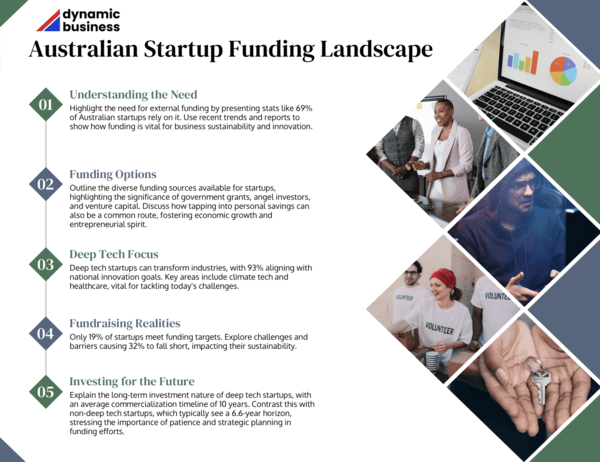In a recent report, the Association of Chartered Accountants (ACCA), the International Federation of Accountants (IFAC), and professional services firm PwC revealed that 19 per cent of businesses in Singapore have no emissions plan in place despite the climate...

In a recent report, the Association of Chartered Accountants (ACCA), the International Federation of Accountants (IFAC), and professional services firm PwC revealed that 19 per cent of businesses in Singapore have no emissions plan in place despite the climate emergency.
In addition, 70 per cent of those without an emissions plan do not intend to develop one. This trend can be attributed to a lack of awareness or understanding of the importance of such plans or the perception that businesses are not directly responsible for the sustainability agenda.
“The recent COP28 emphasised the need for a swift, just, and equitable transition away from fossil fuels, with an overarching aim to keep global temperature rise within 1.5°C. This agreement and the global stocktake, which calls for significant emission cuts and scaled-up finance, are expected to influence national climate action plans due in 2025,” an ACCA spokesperson wrote in an email to e27.
“These developments could provide a framework and impetus for businesses in Singapore, including those without current emission plans, to develop stronger climate action strategies aligned with global standards and expectations.”
There are several steps that the organisation recommended to encourage businesses to develop their emission plan, starting with involving CFOs and finance teams in emissions reduction planning, as they can integrate climate priorities into business planning and resource allocation. But these finance teams should also be equipped with the skills and expertise to support net-zero initiatives.
Also Read: What is left behind in our conversation on climate change
In addition to that, there have to be clear targets and timelines from the government for the phase-out of unabated fossil fuels and supporting the clean energy transition, completed with ensuring clear pricing signals through a meaningful price on carbon and reforming fossil fuel subsidies to support a clean energy transition.
“Public and private financial flows aligning with the objective of phasing out fossil fuels. Incentives could work if they are aligned with these broader strategies and if they address the specific barriers that businesses face in developing and implementing emissions plans.”
The startup approach
In an interview with e27 in June, Susli Lie, Partner at Monk’s Hill Ventures, spoke about the increasing popularity of startup investors considering elements of ESG (Environmental, Social, and Governance) in deciding a potential investment.
“Traditionally, people care a lot about managing and mitigating risks. So, what damage are you doing to the environment? How much greenhouse gas emissions waste are you producing? What are you doing with that, and how do you treat your people? Those things are all very important, and we track those as well. But we also understand that when we work with companies, there are sometimes ESG-related opportunities that could also lead to commercial success,” Lie said.
Also Read: Evercomm wants to pave the way for corporate decarbonisation success
This seems to align with the idea of encouraging businesses in Singapore to have an emission plan. So what can be done to encourage startups to implement the ESG approach in their business, particularly by including an emission plan?
The ACCA have several recommendations:
– Providing access to knowledge and resources about sustainable practices and their benefits
– Offering incentives such as tax breaks, grants, or subsidies for implementing sustainable technologies or practices
– Facilitating connections with sustainability experts and networks that can provide guidance and support.
– Creating a supportive policy environment that encourages sustainable practices and makes it easier for startups to adopt them
– Recognising and rewarding startups that successfully incorporate emission plans into their operations, which can serve as an inspiration for others
By having an emission plan ready and a generally positive attitude towards ESG, startups in the region might be able to go through the funding winter better and impact how they operate their business.
—
Image Credit: RunwayML
The post Propelling SG businesses towards sustainable future: How to inspire emissions plan creation appeared first on e27.










